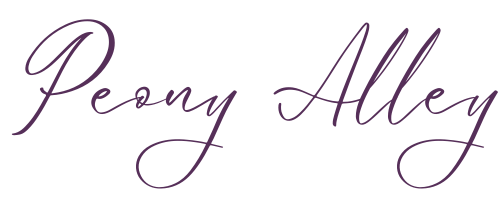When it comes to eco-friendly options in textiles, the rivalry between cotton and modal is a hot topic among industry experts Both fabrics have their own unique characteristics, production processes, and environmental impacts. In this post, we'll delve into the differences between cotton and modal fabric, exploring their manufacturing processes, benefits, and eco-friendliness to help you make an informed decision.

Cotton Fabric: A Timeless Classic
Cotton has been a staple in the textile industry for centuries, prized for its softness, breathability, and versatility. It's derived from the fluffy fibers surrounding the seeds of the cotton plant. The production process involves planting, harvesting, ginning (removing seeds), spinning into yarn, and weaving into fabric.
Benefits of Cotton Fabric:
- Softness: Cotton is renowned for its soft and comfortable feel against the skin, making it ideal for clothing, bedding, and towels.
- Breathability: Its natural fibers allow air to circulate, keeping the body cool and comfortable in hot weather.
- Absorbency: Cotton absorbs moisture efficiently, making it suitable for towels and activewear.
- Versatility: Cotton can be woven into various fabric types, from lightweight voile to heavy denim, catering to diverse preferences and needs.
Eco-Friendly Aspects: While cotton is a natural fiber, its cultivation often requires large amounts of water, pesticides, and fertilizers. Conventional cotton farming practices can have adverse environmental impacts, such as soil degradation, water pollution, and habitat loss. However, organic and sustainable cotton farming methods aim to mitigate these issues, promoting soil health, water conservation, and biodiversity.

Modal Fabric: The Eco-Conscious Alternative
Modal is a semi-synthetic fabric made from beech tree pulp, processed through a specialized spinning technique called the modal process. It's renowned for its silky texture, breathability, and ability to drape elegantly. The production process involves harvesting beech wood, pulping it into cellulose, extruding fibers, spinning into yarn, and weaving into fabric.
Benefits of Modal Fabric:
- Silky Texture: Modal fabric is exceptionally soft and smooth, offering luxurious comfort and a gentle touch on the skin.
- Breathability: Similar to cotton, modal is breathable and moisture-wicking, making it suitable for activewear and undergarments.
- Drape: Modal has excellent drape characteristics, making it ideal for flowing garments like dresses and scarves.
- Color Retention: Modal fabric retains color well, resisting fading even after multiple washes, ensuring long-lasting vibrancy.
Eco-Friendly Aspects: Modal is often hailed as a more sustainable alternative to conventional cotton. Beech trees, the source of modal fiber, are fast-growing and require minimal water and pesticides compared to cotton. Additionally, the modal production process uses a closed-loop system, where solvents are recycled, minimizing waste and pollution. However, some environmental concerns exist regarding deforestation and land use associated with beech tree cultivation for modal production.
Which One is More Eco-Friendly?
Determining the eco-friendliness of cotton versus modal fabric depends on various factors, including farming practices, production processes, and end-of-life considerations. While modal has advantages in terms of resource efficiency and closed-loop manufacturing, sustainable cotton cultivation practices, such as organic and regenerative farming, can mitigate the environmental impacts of conventional cotton.
Ultimately, both cotton and modal fabrics offer unique benefits and can be part of a sustainable wardrobe when produced and consumed responsibly. When making a choice, consider factors such as water usage, chemical inputs, manufacturing processes, and end-of-life disposal to minimize environmental impact and support a more sustainable textile industry.
In conclusion, whether you prefer the timeless appeal of cotton or the silky allure of modal, prioritizing sustainability and comfort in your textile choices can contribute to a greener and more ethical fashion landscape.
If you want to explore more, check out our soft, skin sensitive, and beautifully breathable modal products.

